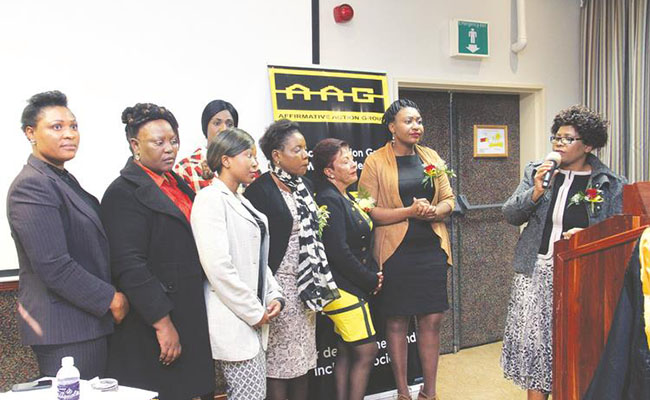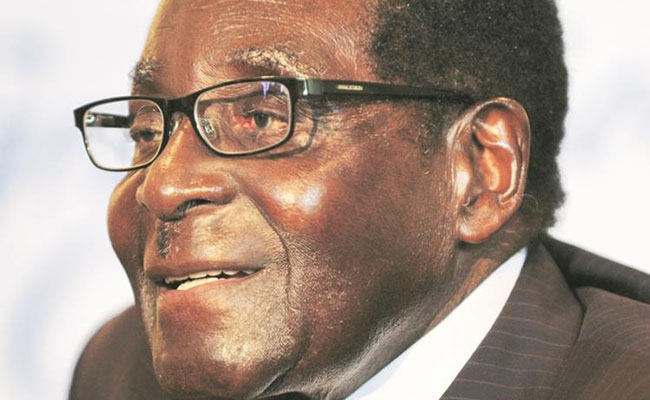Murderer spared the noose

Daniel Nemukuyu Senior Court Reporter
A Gweru man who was sentenced to death in 2015 for murdering his stepdaughter was recently removed from death row after the Supreme Court found that the High Court had erred at law in coming up with the punishment.Supreme Court judge Justice Anne-Marry Gowora, sitting with Justices Elizabeth Gwaunza and Susan Mavangira, unanimously removed Samson Mutero from death row and remitted the case back to the High Court for fresh sentencing.
The bench found that the trial judge erred by disregarding Section 337 of the Criminal Procedure and Evidence Act (which was then still a valid law) and opted to sentence Mutero in terms of Section 48(2) of the new Constitution.
Section 337 of the Criminal Procedure and Evidence Act, according to the judgment, placed on the accused person the onus to allege and prove the existence of extenuating circumstances in his case, warranting his escape from the death penalty.
In terms of the new supreme law, the State has to allege and prove aggravating circumstances warranting the imposition of the death penalty on an accused person.
The discord resulted in the High Court judge opting to disregard Section 337 of the Criminal Procedure and Evidence Act and sentencing Mutero to death basing on Section 48(2) of the Constitution.
Justice Gowora ruled that the death sentence was invalid. “Consequently, insofar as the trial court ignored the provisions of Section 337 of the CP&E Act in its consideration of the appropriate sentence, the sentence it passed was invalid,” ruled Justice Gowora.
“The sentence was passed outside the law and cannot stand. The sentence, therefore, is set aside and the matter is hereby remitted to the trial court for the same to consider sentence in terms of the law.”
The Supreme Court found that the trial court erroneously took Section 48(2) of the Constitution as an operative law in coming up with the death penalty. “The court was clearly in error as Section 48 of the Constitution is not an operative provision for purposes of sentencing,” said Justice Gowora.
“It does not specify what sentence the court may pass upon a person convicted of murder. In my view, it is an enabling provision for the promulgation of the necessary law. In the absence of the contemplated law, therefore, the trial court could not pass a sentence of death.”
The court hailed Advocate Tawanda Zhuwarara for offering himself as a friend of the court and filed well-crafted heads of argument that assisted the court in arriving at an appropriate decision.
Adv Zhuwarara submitted sound arguments when lawyers representing both Mutero and the State had proved to be clueless on how to deal with the mat- ter.
“The question bedevilling the court was whether or not a trial court can impose a death sentence on a person convicted of murder with actual intent without reference to Section 337 of the CP&E Act,” said Justice Gowora.
“Neither counsel was in a position to assist. We are indebted to Adv Zhuwarara who successfully applied to assist the court as an amicus curia (friend of the court). “He filed detailed submissions on the question posed.”
Mutero was found guilty of sexually abusing his wife’s three-year- old daughter before murdering her. He denied the murder charge, but the court found him guilty of murder with actual intent.










Comments